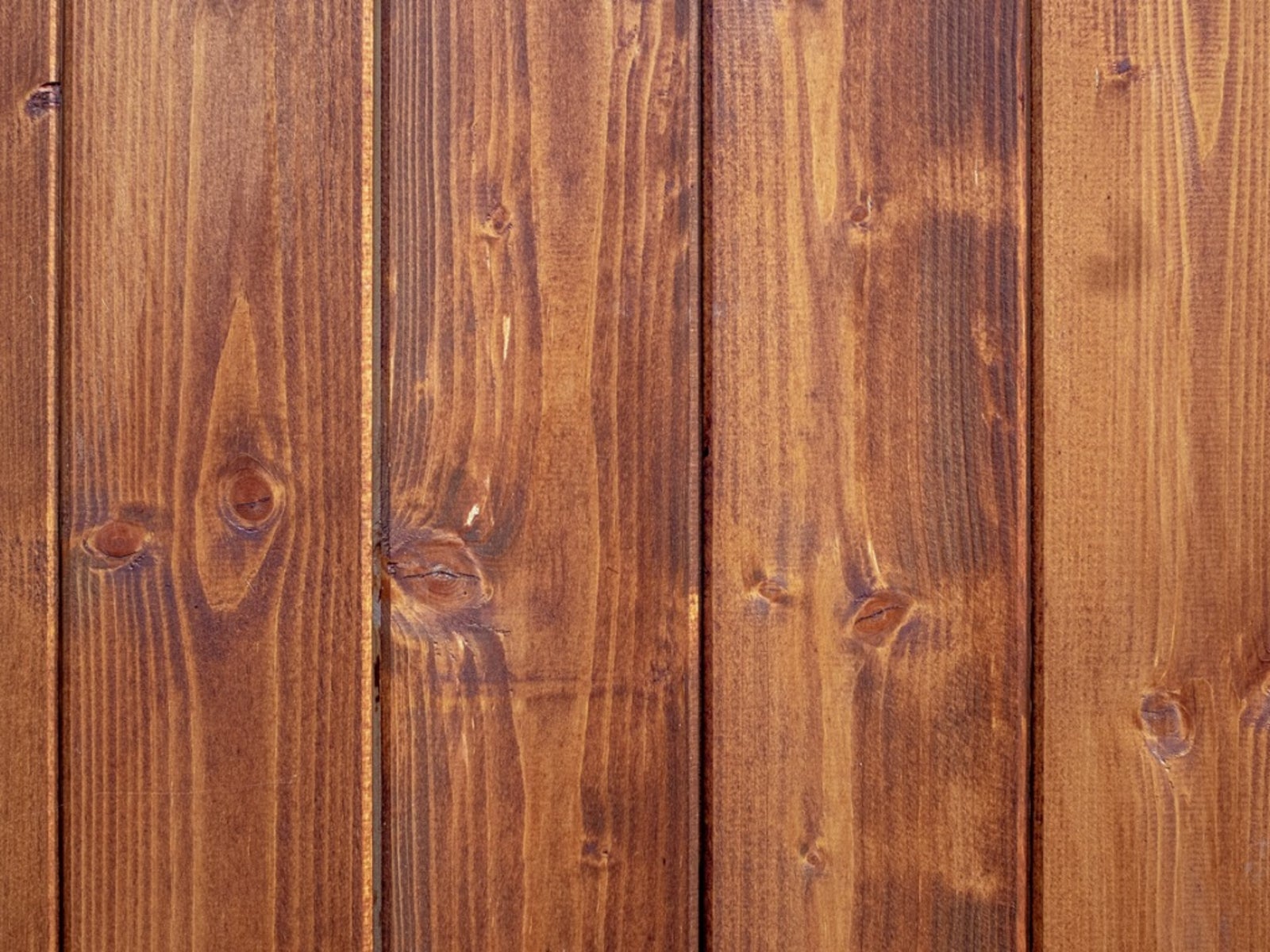Treated Wood For Gardening: Is Pressure Treated Lumber Safe For A Garden?
While you can create the walls of a raised bed with cinder blocks, bricks and even sandbags, one popular method is to use treated logs, but are they safe? Read here to find out.

Treated Wood Garden Safety - Using Treated Lumber In Gardens
One of the most effective ways to raise a large amount of food in a small space is by using raised bed gardening or square-foot gardening. These are basically large container gardens built right on the surface of the yard.
While you can create the walls of a raised bed with cinder blocks, bricks, and even sandbags, one of the most popular and attractive methods is to use treated logs to hold in the soil. Regular lumber begins to break down within the first year if it comes in contact with the soil, so many gardeners have chosen to use pressure-treated wood for gardening, such as landscape timbers and railroad ties, all of which are chemically treated to withstand the weather. This is where the problems began.
What is Treated Lumber?
In the 20th century and into the 21st, wood was treated by a chemical mix of arsenic, chromium, and copper. Infusing the wood with these chemicals allowed it to keep its good condition for a number of years, making it the ideal choice for landscaping, playgrounds, and, it seemed, garden edging.
Is Pressure Treated Lumber Safe for a Garden?
The problems with treated wood garden safety arose when it was found that some of the chemicals leached into the garden soil after a year or two. While all three of these chemicals are micronutrients and are found in any good garden soil, excess amounts caused by leaching from the wood is thought to be dangerous, especially in root crops such as carrots and potatoes.
Laws regulating the contents of these chemicals changed in 2004, but some chemicals still exist in pressure-treated wood.
Using Treated Lumber in Gardens
Different studies show different results with this problem. In the meantime, what should you do in your garden?
If you are building a new raised bed garden, choose another material to create the bed walls. Cinder blocks work well, as do bricks and sandbags.
Sign up for the Gardening Know How newsletter today and receive a free copy of our e-book "How to Grow Delicious Tomatoes".
If you like the look of lumber on the edge of the beds, look into the new artificial logs made of rubber. If you have existing landscaping done with pressure-treated lumber, it shouldn't pose a problem for landscaping plants and flowers. If the lumber surrounds a vegetable garden or fruit-growing area, you can be completely sure you're safe by digging out the soil, installing a layer of thick black plastic stapled to the lumber, and replacing the soil. This barrier will keep moisture and soil from the logs and will prevent any chemicals from leaching into the garden ground.